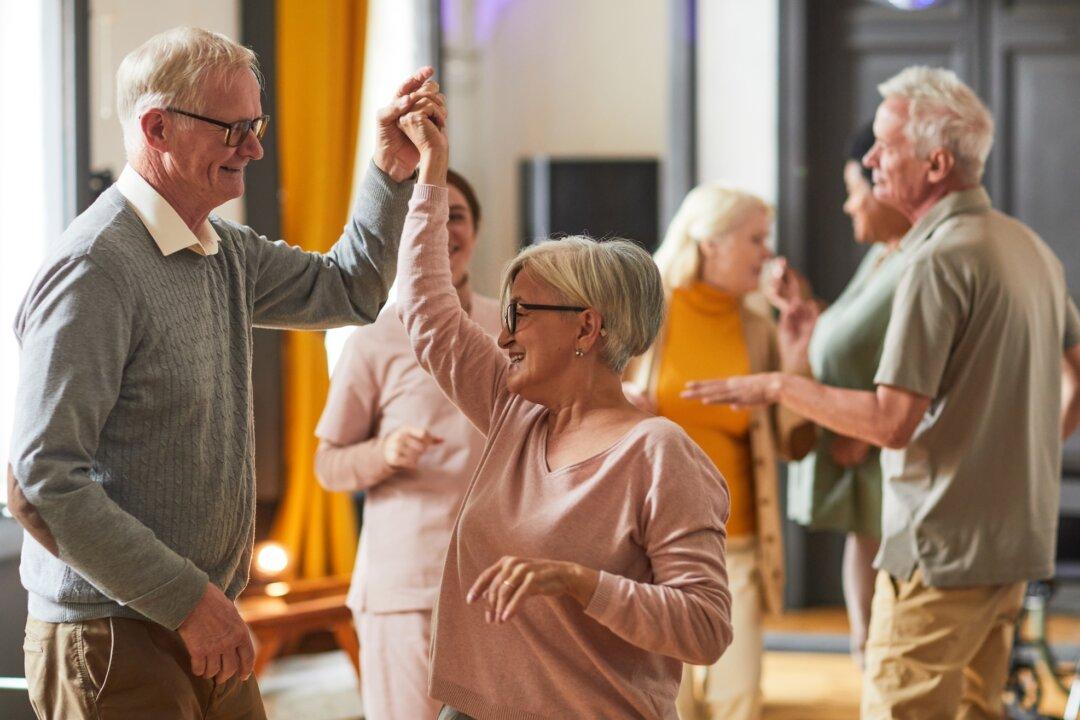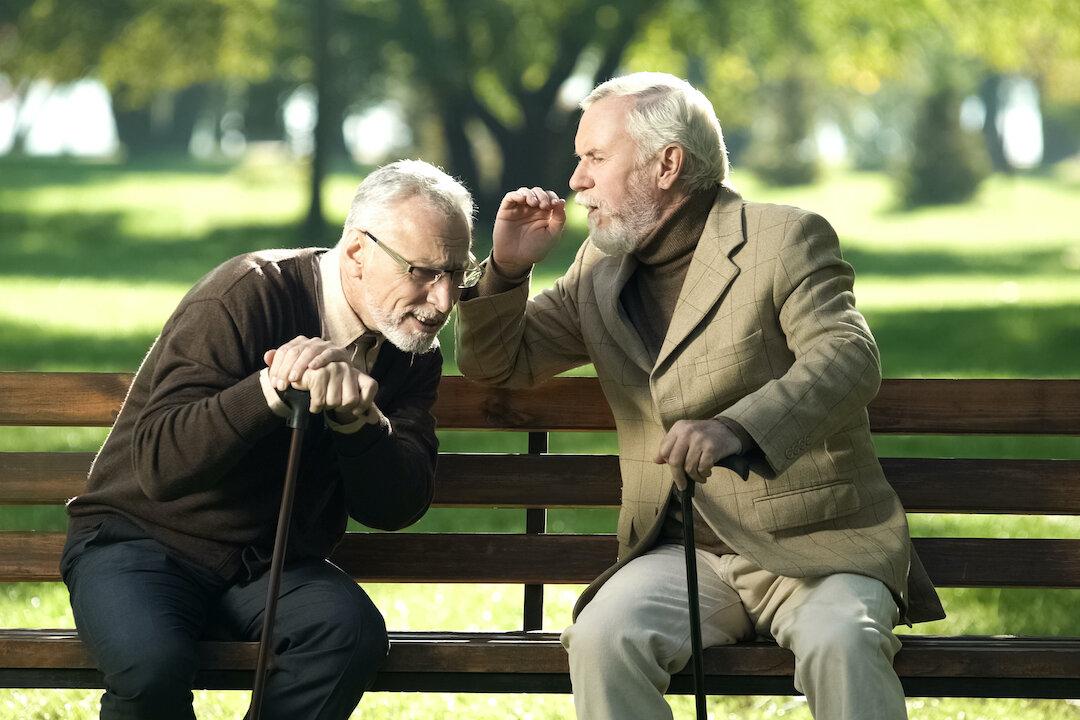What do you think of when you hear the word “minimalists?” Perhaps you imagine, as I once did, a person with one outfit and a cot in a tiny one-room house. Their boring lives, deprived of pleasure, feature drab routines and blank walls, right? Haha! Wrong!
Permit me to shift your thinking as we look at this popular topic from a different angle. Think of minimalism as 1) a focus on what matters in life and 2) a removal of distractions that pull us from that focus.






